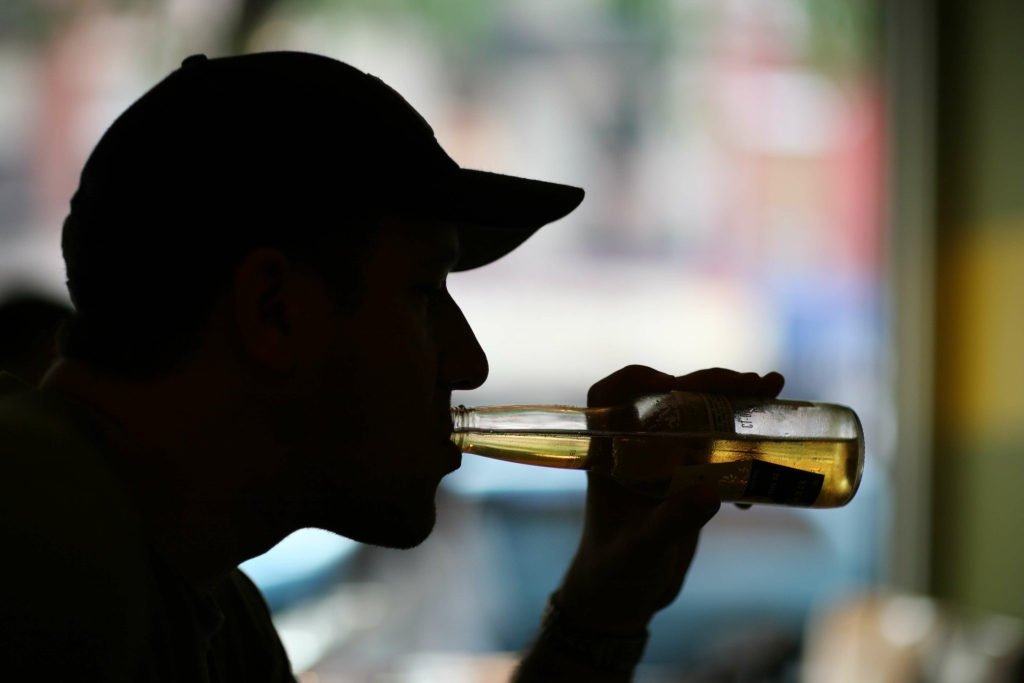Content
- Dual Diagnosis: Mental Health and Addiction Treatment?
- Substance Use Treatment
- Why is Gratitude Important in Recovery?
- Not sure if our treatment program is right for you or your loved one?
- How to Practice Gratitude in Recovery (and why it matters)
- The Importance of Gratitude in Addiction Recovery
- Importance of Gratitude in Alcohol Addiction Recovery
Randal Lea, our Chief Community Recovery Officer is a licensed addictions counselor with 30 years of clinical and administrative experience. The researchers measured brain activity in participants while they engaged in a task to pay kindness forward to someone else. They saw that those who reported paying it forward out of gratitude had different brain activity than those who did it out of guilt or obligation. Reject comparisons– Be grateful for what you have and who you are. Comparisons are useless because there is no way to see and know the whole person. Entitlement is bred out of convenience that you fail to appreciate and start to expect instead.
- Too often, we forget to practice gratitude because of our busy lives.
- It can be as simple as closing your eyes and saying either in your head or quietly to yourself, “Thank you for _____”, and list the things that you are grateful for.
- Taking stock of what you’re grateful for should be about stepping back and taking stock of what you appreciate, what has gone right, and how things have gone better than they could have.
- Small actions can go a long way in showing others how you feel about their existence.
- Many people recovering from drug or alcohol addiction have little sense of self-worth.
Take joy in the tiny things that bring you the bright feeling of happiness, taking note of each and giving thanks for them internally, as well as outwardly. Keep going to AA, NA or other support meetings; keep reading the Big Book or other sources of perennial wisdom and keep on the road to happiness. The transition from addiction to recovery isn’t overnight, and the benefits don’t come all at once. But now that we deliberately manifest gratitude, we see the best qualities in any given moment, person and situation, and it creates a positive feedback loop where we draw out the best in others. We counterbalance our goals, dreams and desires with ‘haves,’ and we understand that whatever material object we lack will not remarkably change our lives—with gratitude, we already have what we need.
Dual Diagnosis: Mental Health and Addiction Treatment?
Personally, this is something I lacked tremendously in active addiction. In the absence of gratitude, I found myself always reaching for things I didn’t have with hopes that obtaining those things would make gratitude in recovery me happy. In doing so, I rejected my current circumstances and was obsessive in my pursuit of having everything I wanted. Once I obtained the best shoes, the best car I couldn’t afford, or the best T.V.

Taking an active role in resisting the temptation to give into negative feelings is one of the most important tools for maintaining recovery. Cumberland Heights is a nonprofit alcohol and drug-addiction treatment center located on the banks of the Cumberland river in Nashville, Tennessee.
Substance Use Treatment
Being thankful is a fundamental part of the holiday season, but it’s also a big part of living a sober life in addiction recovery. Gratitude is not only an essential part of sober living during the holidays but all year long. In working the 12 steps, people in recovery learn the true meaning of gratitude as they experience a spiritual awakening in recovery and work to apply it to their everyday lives. Research has shown that practicing gratitude daily can have significant long-lasting positive effects on a person’s life.

Embarrassment and frustration are self-defeating emotions many people encounter when trying to become sober. Gratitude can raise an individual’s self-esteem and help them realize they aren’t a bad person solely because of substance abuse. Sometimes addiction can even lead to imagined negative situations, like believing friends and family who just want to help are against you. This self-centered thought process is the opposite https://ecosoberhouse.com/ of gratitude, which would help you see your loved ones are trying to show they care and want to help. The gratitude journal and gratitude letter are excellent ways to make gratitude a regular part of your recovery plan but it’s also good to express gratitude to the people you care about. As the study cited above shows, this is key for increasing your commitment to a relationship and making the other person feel appreciated.
Why is Gratitude Important in Recovery?
According to research, optimistic people have better overall health and may even live longer. In everyday life, you will feel optimism and a great deal of satisfaction. Every day, write down 1-3 items for which you are grateful, such as people, places, events, and triumphs. Keeping thankfulness becomes a habit, and as a result, one’s state of mind becomes permanent. People in addiction recovery or with a dual illness can benefit immensely from adopting an appreciative attitude since it has a rippling impact on their interactions with the environment. Gratitude and mindfulness motivate people to enjoy the present moment and take an active role in their lives.

It can be as simple as closing your eyes and saying either in your head or quietly to yourself, “Thank you for _____”, and list the things that you are grateful for. I have a reminder set on my phone that goes off at the same time every night just before bed that says, “What are you grateful for? ” I find this helps to reflect on my day and recognize all the things I am thankful for in my life. As the road twists and turns, some moments will feel like a pleasant stroll while others will feel like a perilous voyage.
Not sure if our treatment program is right for you or your loved one?
You will not find a more beautiful or comprehensive treatment resource to heal and recover from alcoholism or other substance use disorders. Gratitude refers to the recognition and expression of thankfulness. When we are grateful for something or someone, we feel an immense appreciation for them. Too often, we forget to practice gratitude because of our busy lives.
- When the individual is constantly lamenting their lot, it will be impossible for them to find peace of mind.
- Active addiction can carry with it a lot of shame, guilt, and remorse, and it’s critical to counterbalance these feelings with gratitude, hope, and wellness.
- Again, feeling grateful can can help you stay optimistic when things get tough.
- Happy people arguably have one thing in common — they are grateful for what they have on any given day.
Viewing difficult circumstances in this way will also help you avoid relapse and deal with short-term lapses in a more positive and effective way. In active addiction, we struggled with the concept of having enough. Moments of quiet contentment were few and far between because our brain was often demanding alcohol or other drugs, and our addiction gave us little choice in the matter. RecoveryGo virtual outpatient addiction and mental health treatment directly to you. The content on AlcoholRehab.com is brought to you by American Addiction Centers , a nationwide network of leading substance abuse and behavioral treatment facilities. Gratitude, when practiced daily, enhances hope, increases physical and mental wellbeing, and helps overcome the more difficult times we all face.